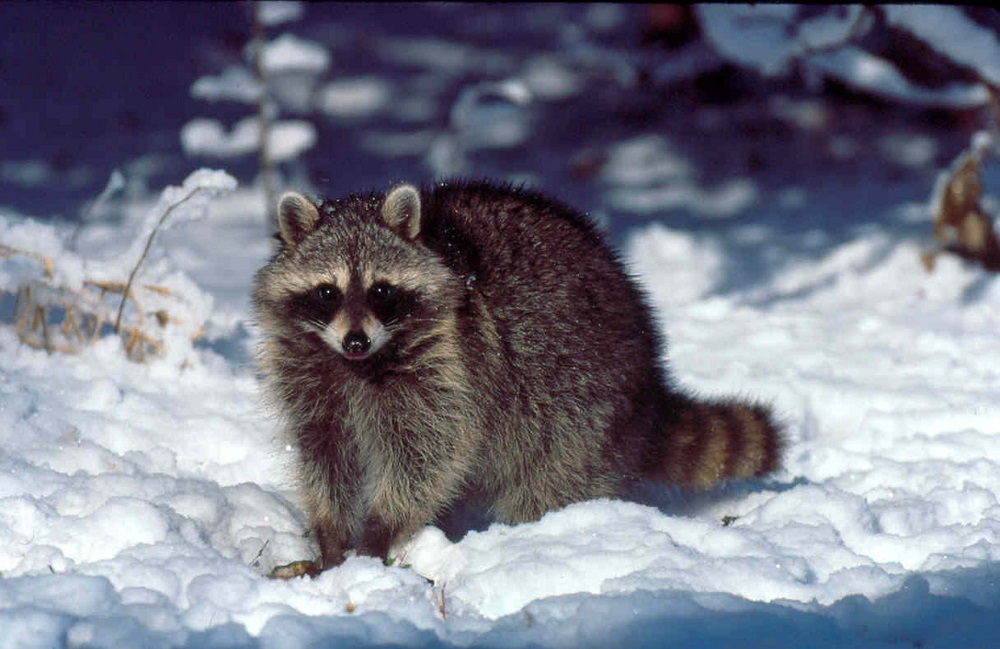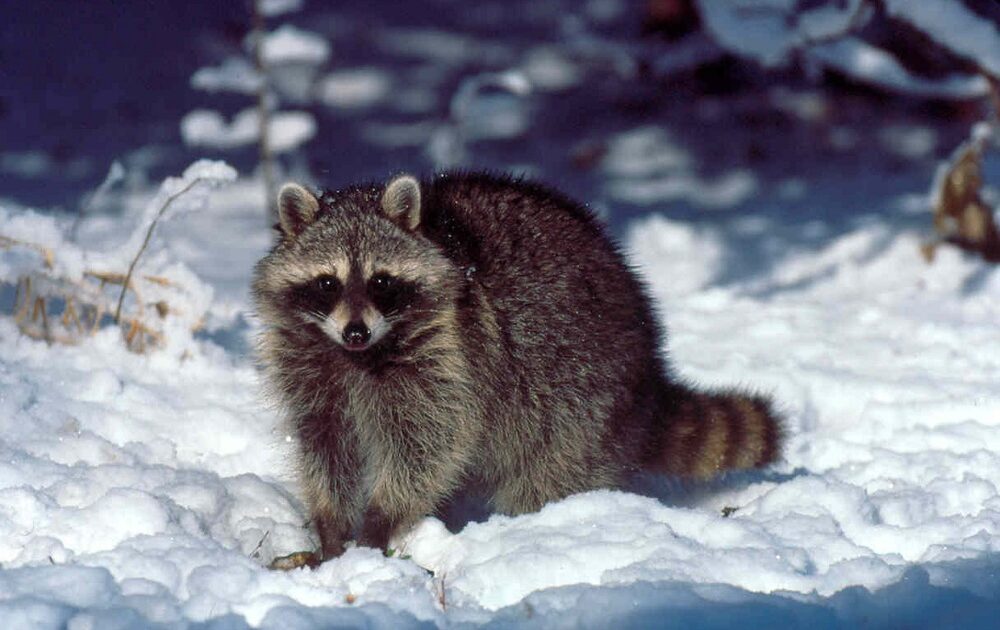Climate change is threatening to create physical and financial turmoil around the world. One of the most immediate and devastating impacts of climate change is global warming. As the global limelight shifts to this growing crisis there is one connection that we should consider and that is the relationship between raccoons, their migration patterns and climate change. Raccoon removal is already an important service for many Etobicoke residents, but is it likely to become a greater need in other areas as well?
Raccoons’ Incredible Adapting Skills
If any species of wildlife is poised to survive climate change and its consequences, raccoons are a leading candidate. Nature’s bandits have proven themselves to be able to adjust to suit new environments. Food shortages are unlikely to affect them as they have an opportunistic diet. This means they consume a wide range of items from meat to vegetables. This is why they spend so much time rifling through trash cans at night.
Climate Change and Raccoon Migration
Even though raccoons are helpful members of the ecosystem, scientists have noticed a possible problem related to them and climate change. The gradual warming of the earth will make it easier for raccoons to migrate and become part of the wildlife economy of other locations. Currently, they are found on three continents – Europe, Asia, and North America, but scientists have observed that the warmer temperatures are encouraging them to migrate further north into territories that they had previously avoided due to cold temperatures. Scientists believe that if the levels of carbon dioxide reach the predicted 2050 levels, then the temperatures in colder places further north could warm up enough for raccoons to move in.
What Happens When Raccoons Expand their Boundaries?
Wildlife experts worry that raccoon migration into other locations could have negative effects on these new spaces. This new expanded range could mean more of those animal species that are raccoon prey could face declining populations as raccoons are voracious feeders. The same impact may be experienced by the vegetable-based foods they eat. Since raccoons are such invasive animals, their presence could quickly overwhelm the new environments and possibly wipe out some species of flora and fauna. This, in turn, could have further negative spinoff effects on the ecosystems of the raccoon’s new habitats. The balance could be thrown off as raccoons devour flora and fauna that other species need to survive, leading to a decline in the food supply of the predators of those species, leading to a domino effect that could have disastrous impacts on the natural world.
Is There an Upside for Raccoons and Climate Change?
Surprisingly, raccoons are also part of the team that can help us to combat climate change in their own small way. Raccoons are part of the wildlife that carries out reforestation. Essentially, they help to replenish the greenery the earth loses by dispersing seeds. How do they do this? Well they do it unintentionally as seeds fall from them while they gather food. These seeds then germinate and become shrubbery, plants or even trees.
While raccoons may not be working on a master plan to save the earth, and their impact may not be enough to counter the high levels of carbon dioxide being produced by human activities, their actions represent one of nature’s ways to correct imbalance whenever and wherever it occurs. One thing is certain though, if the scientists’ predictions come true, raccoon removal will become a highly demanded service not just in Etobicoke but the rest of the world as well.




